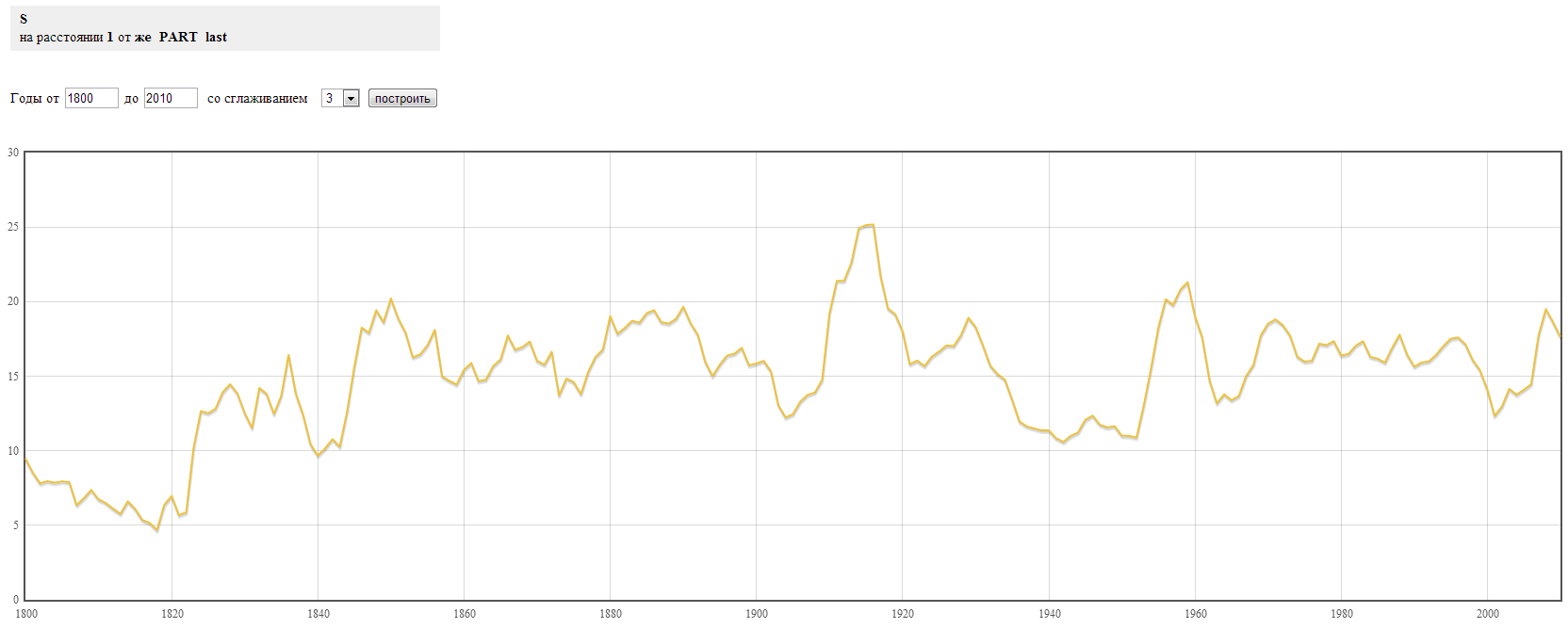The же-particle normally, to the best of my knowledge, seldom, if ever, takes final position in a sentence.
Let's check this using the Russian National Corpus. Internet speech is very close to the spoken language. However many people aren't good at typing and tend to write shorter sentences. Anyway, let's check the Spoken corpus that contains transcripts movie scripts and magnetic tape recordings of public and private speech. I took the version of the corpus that disambiguates particles and conjunctions. Here are the results:
As you can see, же is used at the end of the sentence in 8% of all cases - not so often, but not so rarely either. As for же after a noun at the end of the sentence, it looks like the manually tagged corpus is too small to show this: if there are still 8%, then out of 15 entries there should be only 1. But if searched in the disambiguated version, the amount is close to 10%.
However, if we look closely at examples of usage of же after a noun, 3 of them come before a pause:
Ну уничтожение же/ они же уничтожали те нации / которые считали низшими как бы. [Беседа в Москве // Фонд «Общественное мнение», 2003]
Какой-то процент же есть же / смотрят же. [Беседа в Москве // Фонд «Общественное мнение», 2003]
Не Лукьяненко же / или кто у нас там сельсовет в Госдуме? [Беседа в Новосибирске // Фонд «Общественное мнение», 2000]
In such cases, almost 20% of them match the pattern "комментарий же".
But if we look at the non-disambiguated corpus, the numbers are almost the same:
So, 8.5% of the time, же is placed at the end of the sentence. If we require that the же be placed after a noun, then the number of such expressions at the end of the sentence is 11%.
Examples:
Кстати / с днём рождения! У вас сегодня день рождения же. Да? [Шаши Мартынова, Елена Лихачева. Интервью в передаче «Они сделали это» // Finam_FM, 2009]
[Сеня, муж] Командный. [Юля, жен] Начальник же. [Оля, жен] У меня был такой в детстве. [Разговоры за игрой в карты (2009)]
[Сергей] Да я про театр совершенно забыл. [Костя] Точно, театр же! Так возьми такси, может, успеешь ещё. [Карен Шахназаров и др. Исчезнувшая империя, к/ф (2008)]
[Алла, жен, 22] А как терь учиться буишь кста? [Даша, жен, 20] Дык я не учусь / практика же! [Алла, жен, 22] Везет тебе! [В гостях у подруги. Разговор московских студенток (2007)]
[Мужчина1] Я говорил / стакан и бутылка! [Мужчина2] Ну да / ну и тарелка же. [Мужчина1] Ну и… тарелка. [Городок (юмористическая передача), вып. 39-40, 49-52 (1995-1998)]
As for beginning of the usage "noun + particle at the end of the sentence". I searched in main corpus for such structure and according to this chart (you can get it by clicking "Распределение по годам" link) it looks like there's no big difference between modern usage and usage over the previous 180 years, although we currently have a local maximum of usage after the local minimum at the beginning of 2000. In fact, the global maximum is around 1910.

So it doesn't look to me like anything recently adopted.
